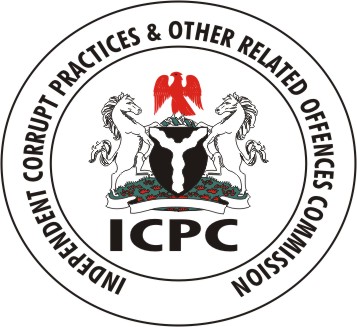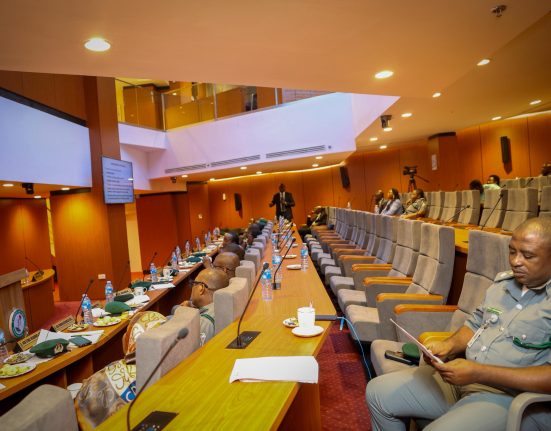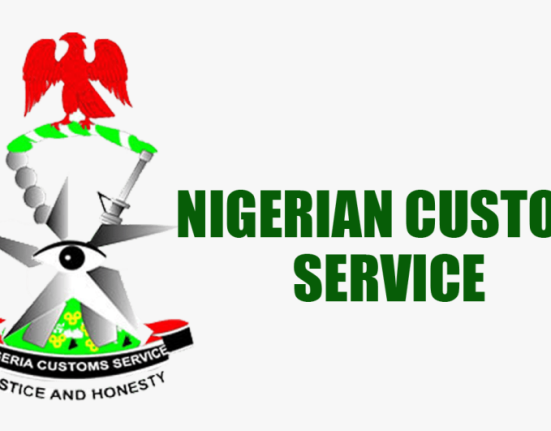Abuja, June 21, 2025 – The Nigeria Customs Service (NCS) has taken a significant step toward enhancing transparency and accountability within its operations, as the Independent Corrupt Practices and Other Related Offences Commission (ICPC) officially deployed key ethics and compliance monitoring tools across the Service.
The initiative marks a collaborative effort between both agencies to institutionalise a culture of integrity, curb corrupt practices, and promote ethical conduct among Customs personnel nationwide.
Speaking during the deployment exercise in Abuja, officials from the ICPC highlighted the importance of embedding ethical values within public service institutions. The tools introduced include the Ethics and Integrity Compliance Scorecard, Corruption Risk Assessment templates, and the Ethics and Integrity Compliance Training Module – all designed to detect, prevent, and address unethical behaviours within the system.
The Comptroller General of Customs, represented by a senior official at the event, welcomed the development as timely and crucial to achieving the Service’s vision of becoming a globally compliant, efficient, and transparent border agency. He noted that adherence to ethical standards will not only boost public trust but also enhance service delivery, revenue generation, and national security.
“As an agency responsible for border management, trade facilitation, and revenue collection, our integrity must remain beyond reproach. We are committed to working closely with the ICPC to entrench a zero-tolerance culture for corruption,” he affirmed.
Officials from the ICPC commended the Customs Service for opening its operations to scrutiny and committing to institutional reforms that prioritise good governance and professional conduct.
The deployment of these tools is expected to be followed by capacity-building sessions, periodic evaluations, and internal reforms aimed at sustaining compliance. It also aligns with broader public sector reforms championed by the Federal Government to improve efficiency and ethical standards across Ministries, Departments, and Agencies (MDAs).
Stakeholders welcomed the move, describing it as a forward-thinking measure that reinforces the Customs Service’s accountability to the Nigerian people and strengthens its institutional resilience against corruption.







